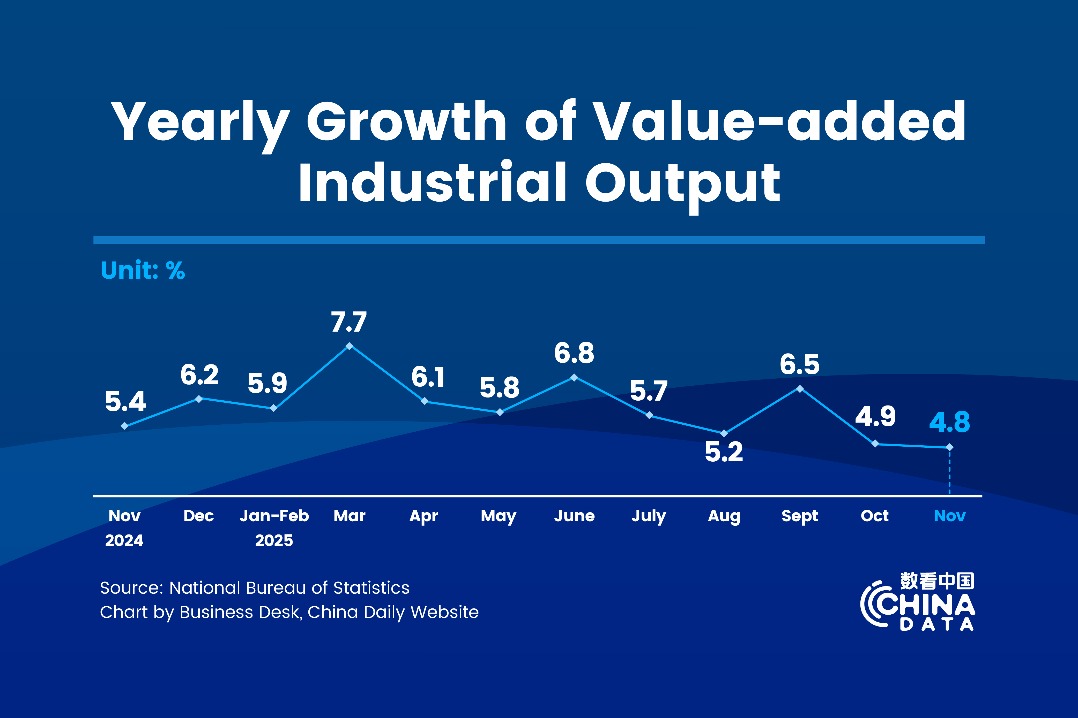New report on driverless cars released

Driverless cars are the best-known example of how artificial intelligence is impacting daily life in China, according to a new report on public cognition and social attitudes toward AI technology that was released at a symposium at Fudan University on May 17.
Based on the responses of 625 questionnaires jointly issued by Fudan University's National Center for Cultural Innovation Research and the communication and data science laboratory, the report states that nearly 90 percent of the respondents are familiar with driverless cars, with over 67 percent having access to both positive and negative information on cars. About 62 percent of the respondents said they were willing to ride in driverless cars.
Meanwhile, around 47 percent were supportive of unmanned vehicle road tests in the country. However, more than 30 percent of the respondents expressed their concerns about the safety of driverless cars.
If personal injuries or property loss are suffered in the event of an accident, 80.5 percent of the respondents said that the designers of the AI products should bear legal responsibility while 55.5 percent said that vehicle users should also shoulder the blame.
Smart cars with partial or fully autonomous functions are expected to account for 50 percent of new vehicles sold in China by 2020. According to the blueprint released by the National Development and Reform Commission in January, the country is aiming to become a global power in smart-car development and production by 2035.
"One cannot ignore the risks and ethics issues brought up by artificial intelligence technology," said Sun Shaojing, director of the Communication and Data Science Laboratory of the National Center for Cultural Innovation Research at Fudan University.
"Policies should be enhanced to ensure a coordinated development of ethics and science, especially for some fast-growing applications like driverless cars."
Regarding the benefits and risks of AI, 22.2 percent said that the pros far outnumber the cons while 6.2 percent felt otherwise.
Teachers, according to the report, are expected to be among those least affected by AI technology. However, over 50 percent of the respondents believed that others such as architects and food delivery workers could soon be displaced from their jobs by automation.
The report shows that the demand for artificial intelligence comes from five areas: housekeeping, child and elderly care, transportation, individual needs, such as shopping or music, and education.
The Chinese government has stressed on the development of AI technology in a number of guidelines. In the national technology innovation blueprint for the 13th Five-Year Plan (2016-20) released by the State Council in July 2016, AI was listed as one of the pioneering technologies for research and development.
The State Council stated in an announcement in July that China should lead the world in terms of AI theory, technology and application by 2030.
Contact the writer at caochen@chinadaily.com.cn




































